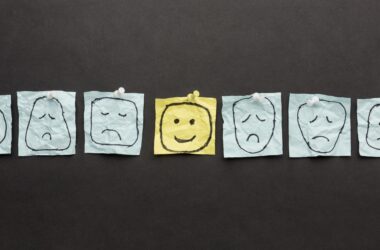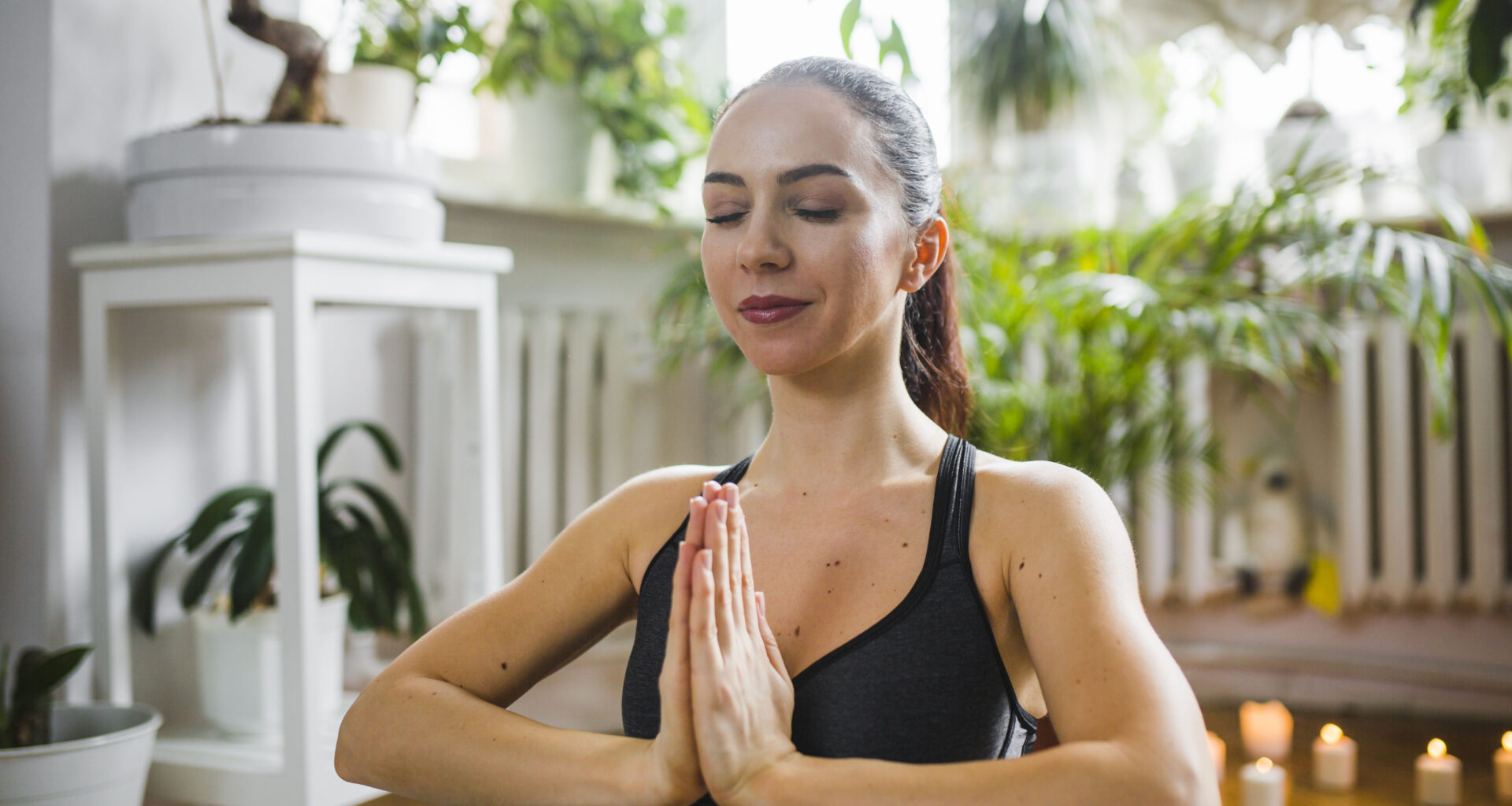A vital component of our general well-being is our mental health. It affects our feelings, thoughts, and behaviors. It also influences our decision-making, interpersonal relationships, and stress management. But physical health is frequently prioritised over mental health and mindfulness. A holistic approach to mental health and mindfulness acknowledges that one’s physical, emotional, and spiritual well-being must also be taken into account in order to maintain mental health.
Let’s talk about the importance of mental health and mindfulness and how to improve it in a holistic way.
Understanding Holistic Mental Health and Mindfulness
The goal of holistic mental health is to promote physical, mental, spiritual, and emotional well-being by attending to the full person. It stresses the interdependence of awareness, the physical body, and the spiritual self. It takes a more systemic approach to health care, looking beyond symptoms to identify and address the underlying causes of diseases. Moreover, it also helps in coping with stress in our daily lives.
Read More: Unusual Foods
How can one find comprehensive approaches to mental health and mindfulness?
When people seek out holistic treatments for mental health and mindfulness, they may mix conventional medicine with alternative methods, such as:
Physical activity:
Exercising on a regular basis has mood-boosting and antidepressant effects.
Nutrition:
A well-balanced diet can enhance mental health in general and enhance brain function specifically.
Sufficient sleep:
Good mental health relies on getting a good night’s rest. The brain is able to relax and rejuvenate as a result.
Meditation and mindfulness:
By training one’s mind to be fully present, these activities can alleviate tension and anxiety.
Connecting with others: Having a solid support system of positive interactions can do wonders for your mental health.
Read More: Best Diet For Health
Alternative Holistic Approach Therapy Options
There are many different types of holistic treatments. There are many ways to treat people, and each type of holistic medicine can meet a number of different medical needs.
It’s important to keep in mind that holistic (alternative) medicine is not a replacement for care that is based on facts when it comes to mental health. When it comes to healing the whole person, the best treatment programs use both evidence-based therapy models and holistic methods.
Yoga
Yoga therapy uses mental and physical practices to help people become more self-aware. Sound, visualizing, breathing movements, meditation, and working on your posture are some examples.
It is scientifically proven that breathing techniques, especially diaphragmatic breathing, can help people focus better, feel less stressed, and have better mental health.
Mindfulness Meditation
One type of meditation is mindfulness meditation. It’s meant to help you calm down and focus on the here and now without judging it. Mindfulness meditation is an all-around method to mental health that aims to help people deal with their thoughts and feelings better and become more self-aware. One study found that practicing mindfulness and meditation can help a lot of different kinds of people get better and also lower their anxiety
Art and Music Therapies
One type of meditation is mindfulness meditation. It’s meant to help you calm down and focus on the here and now without judging it. Mindfulness meditation is an all-around method to mental health that aims to help people deal with their thoughts and feelings better and become more self-aware. One study found that practicing mindfulness and meditation can help a lot of different kinds of people get better and also lower their anxiety.
Equine Therapy
The employment of horses in therapeutic settings is known as equine therapy. People participate in horse care by giving them food, leading them, and brushing their coats. Responsibility, emotional control, and self-assurance are all enhanced by engaging in these pursuits.
Alternative medicine methods that use animals including dogs, birds, goats, and cats into treatment are known as animal-assisted treatments.
Hypnotherapy
During hypnosis, a trained professional helps the patient fall into a deep state of relaxation. There are various kinds of hypnosis and hypnotherapy. Stress, addiction, obsessive-compulsive disorder (OCD), anxiety, and fears are just some of the mental health problems that this tool can help you deal with.
Mindfulness and Emotional Well-being
Learn more about how mindfulness can improve your emotional intelligence, make you more self-aware, and boost your mental health. Before we start our journey, we need to know what awareness is. We’ll talk about the idea of awareness and how it evolved from ancient practices to something that is useful in modern times.
Read More: Gene Therapy
Mindfulness Activities for Mental Health
Mental health mindfulness activities can be beneficial for mental health by helping to reduce stress, improve focus, and promote overall well-being. Here are some mindfulness activities you can try:
Deep Breathing
Take slow, deep breaths, focusing on each inhale and exhale. This can help calm the mind and reduce stress.
Mindful Walking
Take a walk and focus on each step, the sensations in your feet, and the environment around you. This can help bring your attention to the present moment.
Body Scan
Lie down or sit comfortably and bring your awareness to each part of your body, starting from your toes and moving up to your head. Notice any sensations without judgement.
Mindful Eating
Eat slowly, savoring each bite, and paying attention to the flavors, textures, and sensations of the food.
Guided Meditation
Listen to a guided meditation audio recording, focusing on the instructor’s voice and following their prompts for relaxation and mindfulness.
Gratitude Journaling
Write down three things you’re grateful for each day, focusing on the positive aspects of your life.
Yoga
Practice gentle yoga poses, focusing on your breath and the movements of your body.
Read More: Neuropeptides For Skin
A Holistic Approach to Well-being
A holistic approach to well-being looks at all of a person’s health, such as their physical, mental, and social health. To help encourage a whole-person attitude to health, here are some ideas:
- Get professional help: If you’re having problems with your mental health, talk to a professional for help and advice.
- Form healthy habits: Make a schedule for frequent exercise, a healthy diet, and enough sleep to improve your physical and mental health.
- Build up a strong network of support: Talk to support groups, friends, and family to share your feelings and get help.
- Learn awareness and relaxation techniques. Incorporate daily mindfulness practices like yoga, meditation, or deep breathing to help deal with stress and improve your mental health.
- Set goals that you can reach: Set short-term goals that you can reach for your personal, social, and professional growth.
Conclusion
Taking care of your mental health is a lifelong process that takes commitment, self-awareness, and the ability to ask for help when you need it. Taking a whole-person approach to mental health can help you live a more happy and strong life, just like we put time and effort into our physical health.
Self-care, making friends, and raising knowledge about mental health are all things that can help us build a society that values and prioritises everyone’s mental health.
FAQs
Our emotional, psychological, and social well-being are all parts of our mental health. It influences our feelings, thoughts, and behaviours. It also influences how we respond to stress, interact with others, and make wise decisions.
Maintaining good mental health involves practicing self-care, such as getting enough sleep, staying physically active, and seeking support from friends, family, or a mental health professional when needed.
Improving your emotional health involves developing healthy coping mechanisms, such as practicing mindfulness, engaging in activities that bring you joy, setting boundaries, seeking support from others, and addressing underlying issues through therapy or counseling.







